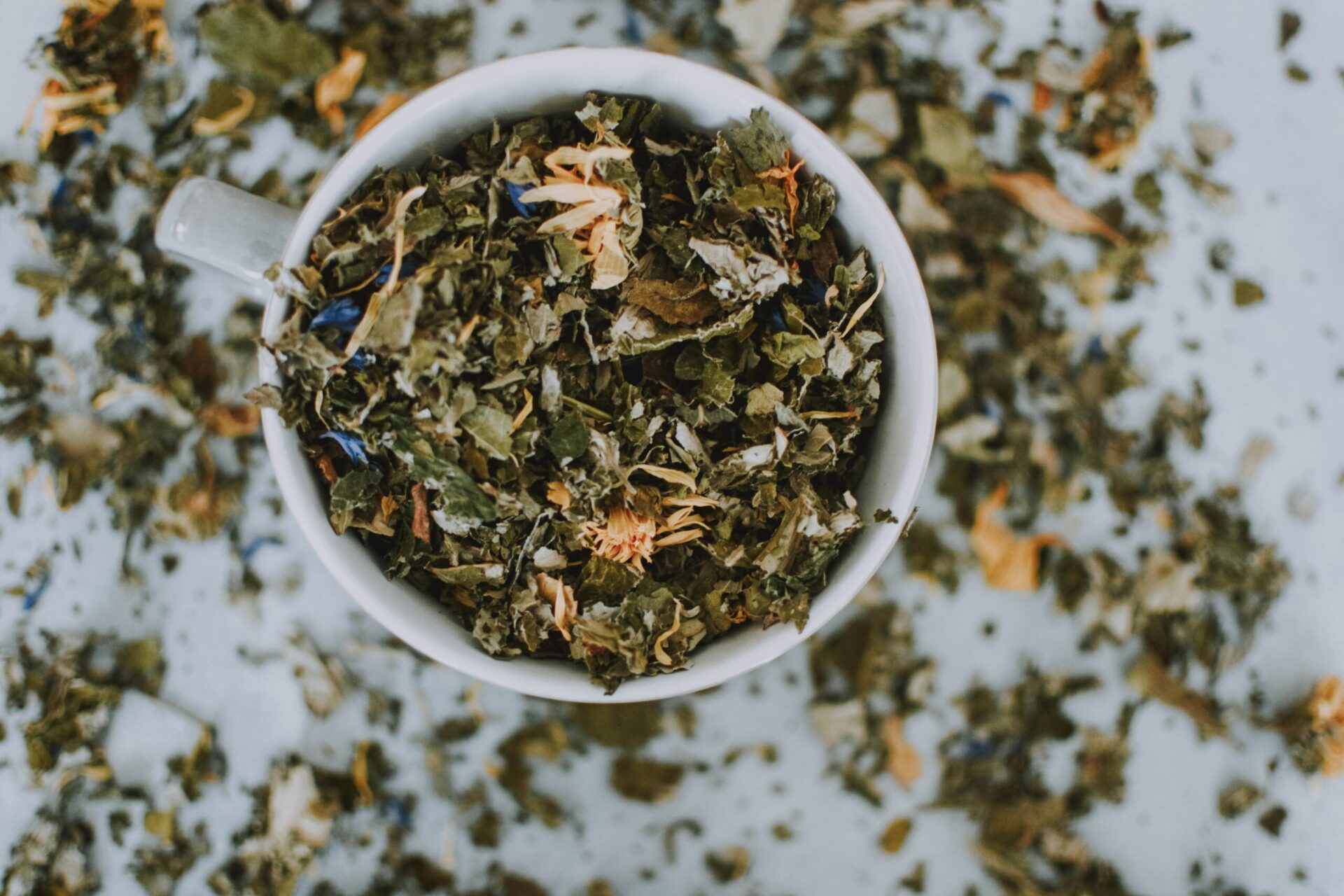
Exploring the Doshas: Kapha in Ayurveda
Ayurveda, the ancient system of holistic healing, recognizes the significance of doshas in maintaining optimal health and well-being. Among the three primary doshas, Kapha holds a special place.
Derived from the elements of water and earth, Kapha represents stability, structure, and nourishment. Understanding Kapha dosha is crucial for maintaining balance and promoting overall well-being.
These dynamic doshas hold the key to unlocking your inner harmony and the vibrant well-being of a person.
From the airy expanses of Vata to the fiery intensity of Pitta and the grounded stability of Kapha, each dosha brings its unique qualities and challenges.
Today, we will dive into the intriguing world of Kapha, the grounding force that nurtures and stabilizes our bodies and minds. Let’s explore its characteristics, effects on the body, and learn ways to maintain a balanced Kapha for overall vitality and wellness.
Understanding Kapha Dosha:
Kapha dosha is one of the three fundamental energies or doshas in Ayurveda, the ancient Indian system of medicine.
It represents the qualities of water and earth, and its main responsibility is to provide structure, stability, and lubrication to the body. Kapha governs the formation of tissues, physical strength, and emotional stability.
Elemental Composition and Qualities of Kapha:
Kapha dosha is primarily composed of the elements of water (apas) and earth (prithvi). These elements contribute to the qualities of Kapha, which include heaviness, solidity, coolness, and stability.
The cohesive nature of water and earth gives Kapha its grounding and nurturing attributes. It provides lubrication, nourishment, and structure to the body and mind, acting as a vital force for overall harmony and balance.
Physical, Mental, and Emotional Characteristics of Kapha Dominance:
Individuals with dominant Kapha dosha exhibit certain physical, mental, and emotional traits.
Physically, they tend to have a sturdy build, with a well-developed skeletal structure and a tendency to gain weight easily. Their skin is typically soft and moist, and they may have lustrous, thick hair.
Mentally, Kapha-dominant individuals often possess a calm and composed demeanor, displaying a stable and patient personality.
Emotionally, Kapha-dominant individuals are generally affectionate, compassionate, and nurturing, while also being prone to attachment and possessiveness.
Significance of Kapha Dosha in Ayurveda:
Kapha dosha plays a significant role in Ayurveda as it governs various bodily functions and influences overall well-being.
It provides lubrication to the joints, enhances immune system function, supports healthy digestion and metabolism, and maintains the moisture balance in the body.
Kapha also contributes to mental and emotional stability, promoting a sense of grounding and contentment.
Understanding Kapha’s significance helps in identifying imbalances and adopting appropriate strategies for the restoration and maintenance of health.
Understanding the Interplay of Doshas:
According to Ayurvedic philosophy, optimal health is achieved when the three doshas—Vata, Pitta, and Kapha—are in a state of dynamic balance. Each individual possesses a unique combination of these doshas, known as their prakriti, or constitutional makeup.
Understanding the interplay of doshas is crucial in Ayurveda, as imbalances can lead to various physical and psychological ailments.
By recognizing the influence of different doshas, including Kapha, practitioners can tailor treatments and lifestyle recommendations to restore harmony and promote well-being.
Signs of Imbalanced Kapha Dosha:
When Kapha dosha becomes imbalanced, it can manifest in various signs and symptoms. Common physical manifestations include weight gain, sluggish digestion, congestion, and respiratory issues.
Emotionally, imbalanced Kapha may lead to feelings of attachment, possessiveness, lethargy, and resistance to change.
Mental fog, lack of motivation, and depression can also be indications of Kapha imbalance.
Recognizing these signs is vital for addressing imbalances and restoring the natural state of equilibrium.
Effects of Imbalanced Kapha on Health and Well-Being:
Imbalanced Kapha dosha can have a significant impact on overall health and well-being. Excessive Kapha can lead to conditions such as obesity, diabetes, sinus congestion, asthma, and depression.
It may also contribute to sluggishness, poor digestion, and a lack of mental clarity. Understanding the effects of imbalanced Kapha allows individuals to take proactive measures to restore balance and promote optimal health.
Tips for Balancing Kapha Dosha:
To balance Kapha dosha, Ayurveda offers a range of practices and lifestyle recommendations. Maintaining a balanced Kapha is vital for overall well-being.
Here are some effective tips to bring Kapha back into harmony:
Stimulating Foods:
Incorporate warm, light, and spicy foods into your diet to counterbalance Kapha’s heaviness. Include a variety of colorful fruits and vegetables, legumes, whole grains, and spices such as ginger, turmeric, and black pepper.
Regular Exercise:
Engage in regular physical activity to invigorate and energize your body. Opt for activities that promote movement, such as brisk walking, dancing, yoga, or martial arts.
Maintain a Routine:
Establish a consistent daily routine to provide structure and stability. Set regular times for meals, sleep, and daily activities to prevent lethargy and maintain a sense of balance.
Warmth and Dryness:
As Kapha tends to be cool and damp, prioritize warm and dry environments. Keep your living space well-ventilated and incorporate heating elements as needed.
Embrace Variety and Change:
Incorporate variety into your routine to counteract Kapha’s resistance to change. Explore new experiences, travel to different places, and engage in activities that bring freshness and novelty into your life.
Emotional Cleansing:
Practice emotional cleansing techniques such as journaling, meditation, and deep breathing to release stagnant emotions and promote mental clarity.
Nourishing Dietary Choices for Pacifying Kapha:
Diet plays a crucial role in pacifying an imbalanced Kapha dosha. To balance excessive Kapha energy, it is recommended to favor warm, light, and dry foods while minimizing heavy, oily, and cold foods.
Incorporating spices with warming and stimulating properties, such as ginger, black pepper, and cinnamon, can help ignite the digestive fire.
Emphasizing fresh fruits, vegetables, whole grains, and legumes while reducing dairy, sweets, and excessive salt supports the pacification of Kapha dosha.
Herbal Remedies and Spices for Kapha Imbalances:
Ayurveda offers a wealth of herbal remedies and spices that specifically address Kapha imbalances. Some beneficial herbs for balancing Kapha dosha include turmeric, triphala, guggulu, and licorice.
These herbs possess cleansing, warming, and rejuvenating properties that help to reduce excess Kapha and restore equilibrium.
Incorporating these herbs into formulations, teas, or dietary supplements can support the overall well-being of individuals with Kapha imbalances.
Incorporating Self-Care Practices for Harmonizing Kapha Energy:
Self-care practices are essential for harmonizing Kapha energy. Daily rituals such as dry brushing, warm oil massage (abhyanga), and steam therapy (swedana) can help stimulate circulation, promote detoxification, and invigorate the body.
Creating a nurturing and inspiring environment, practicing mindfulness and gratitude, and engaging in activities that bring joy and creativity can also uplift Kapha energy and support emotional well-being.
Integrating Ayurveda into Daily Life for Optimal Well-being:
Integrating Ayurvedic principles into daily life is key to achieving optimal well-being. Recognizing one’s unique constitutional makeup and understanding the interplay of doshas allows individuals to personalize their approach to health and wellness.
Embracing holistic practices that cater to all aspects of life—physical, mental, emotional, and spiritual—promotes balance and harmony.
By adopting Ayurveda as a guiding philosophy, individuals can cultivate a deeper connection with themselves and the world around them.
Conclusion:
Understanding Kapha in Ayurveda allows us to appreciate the stability and nurturing qualities it brings to our lives.
By recognizing the characteristics of Kapha, identifying signs of imbalance, and implementing simple lifestyle adjustments, individuals can restore balance and optimize their overall health.
Integrating Ayurvedic principles into daily life provides a comprehensive approach to holistic well-being. Embrace the wisdom of Ayurveda, honor your body’s unique constitution, and nurture your Kapha dosha for a balanced and fulfilling life.
(Note: The blog provides a general overview of Pitta in Ayurveda. It is essential to consult with a qualified Ayurvedic practitioner or healthcare professional for personalized guidance and advice.)


You May Also Like

Exploring the Doshas: Understanding Your Unique Body Type in Ayurveda
30 June 2023
Ayurveda: Holistic Health Tips and Remedies
28 June 2024

